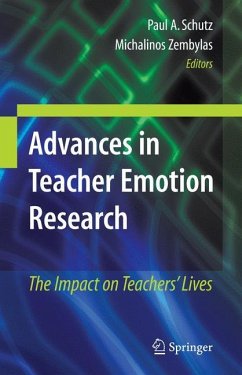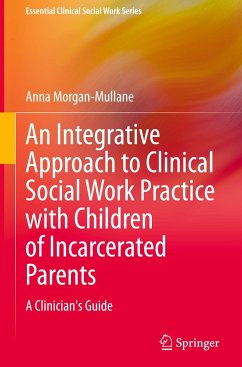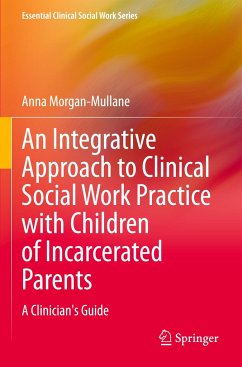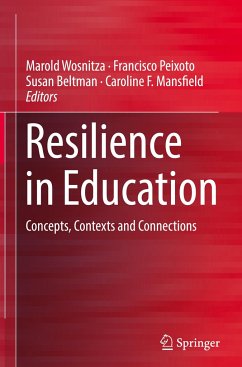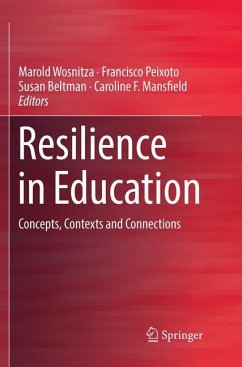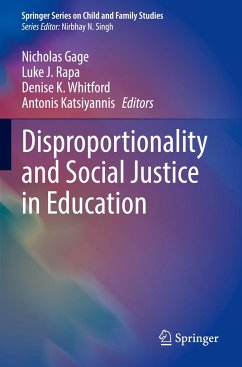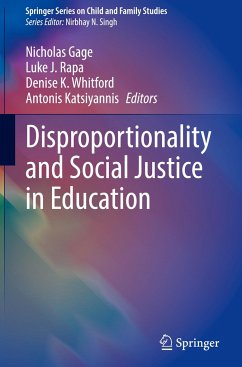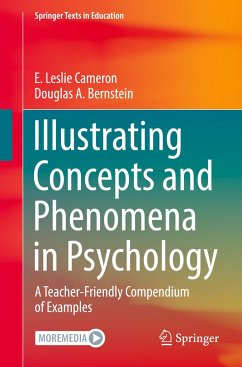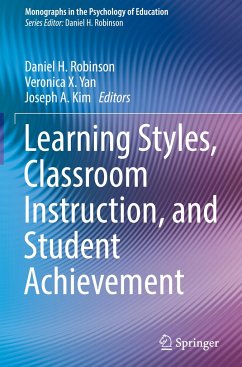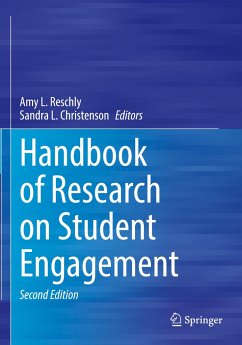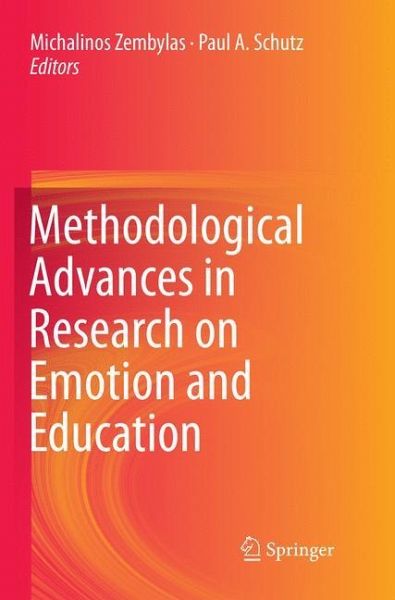
Methodological Advances in Research on Emotion and Education
Versandkostenfrei!
Versandfertig in 6-10 Tagen
129,99 €
inkl. MwSt.

PAYBACK Punkte
65 °P sammeln!
This volume presents different conceptual and theoreticalframeworks as well as research methods that have helped educational researchersto study emotions. It includes innovative approaches that push themethodological boundaries that have served educational researchers until nowand proposes new ways of researching emotions in educational contexts. In particular,this edited volume provides a historical frame for studying emotions. Itconnects theoretical/epistemological views with choice of research methods and describes specificmethods helpful in doing research on emotions as they are grounded i...
This volume presents different conceptual and theoreticalframeworks as well as research methods that have helped educational researchersto study emotions. It includes innovative approaches that push themethodological boundaries that have served educational researchers until nowand proposes new ways of researching emotions in educational contexts. In particular,this edited volume provides a historical frame for studying emotions. Itconnects theoretical/epistemological views with choice of research methods and describes specificmethods helpful in doing research on emotions as they are grounded in differenttheoretical and disciplinary traditions such as psychology, philosophy,sociology, history, political science, cultural studies, and feminist studies.Finally, it appreciates the contextual and international dimensions of studyingemotions in education and contributes to ongoing debates about the implicationsof our methodological choices for understanding emotion in education. Thiscombination of variety, timeliness, potential for transformation of the field,and uniqueness make this a very valuable resource to introduce new scholars inthe field alongside established scholars.





